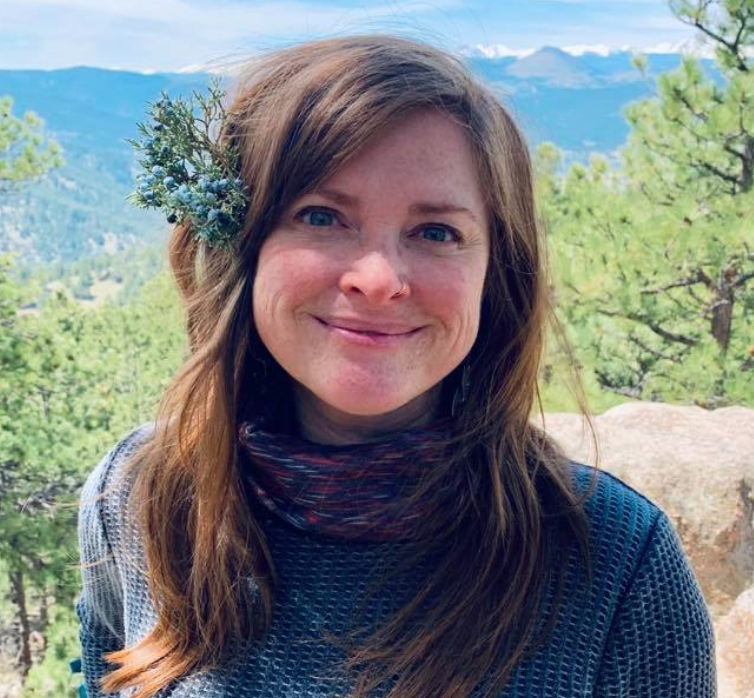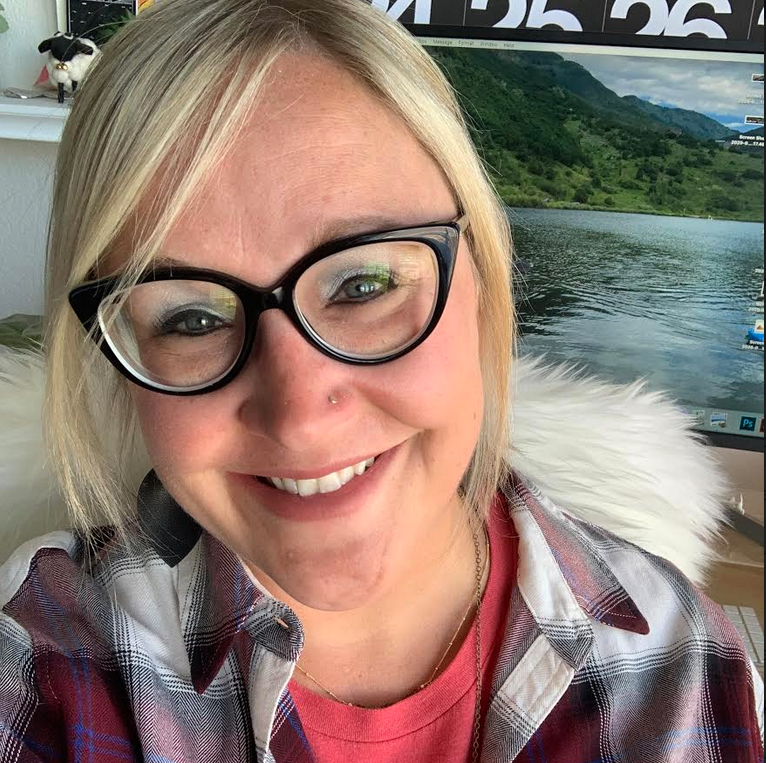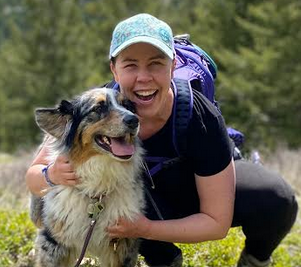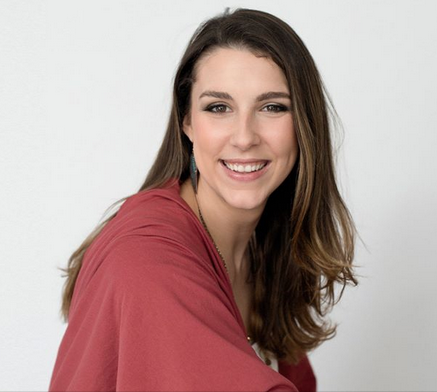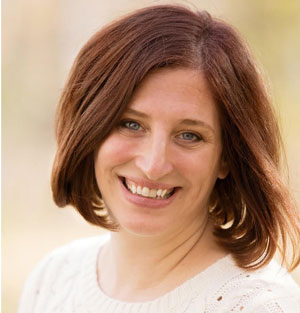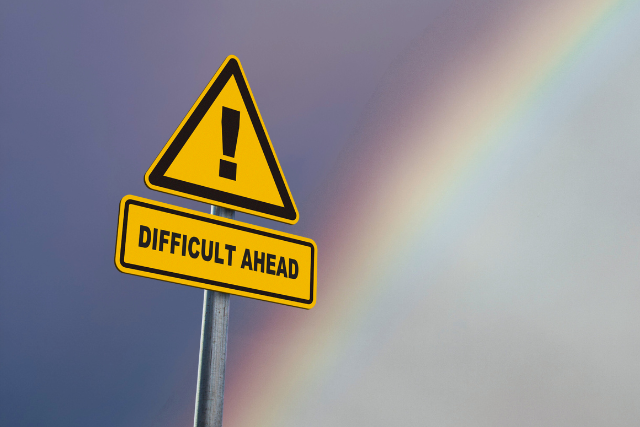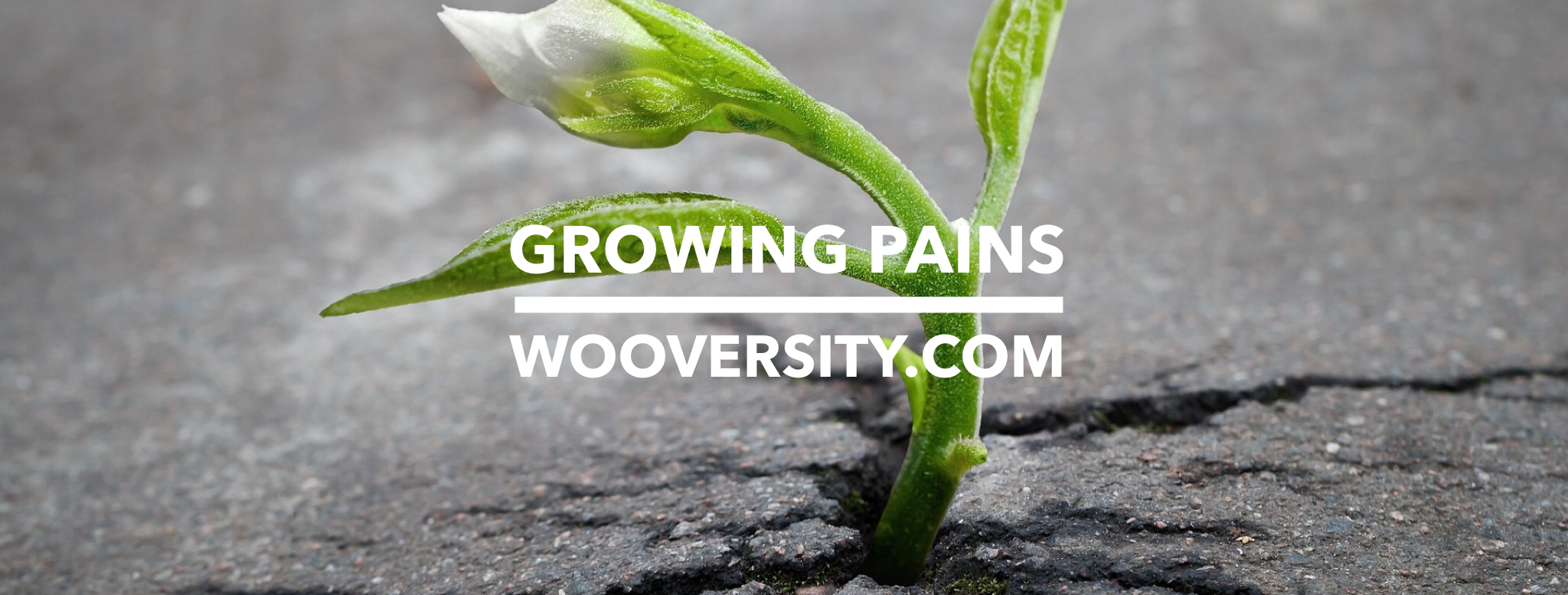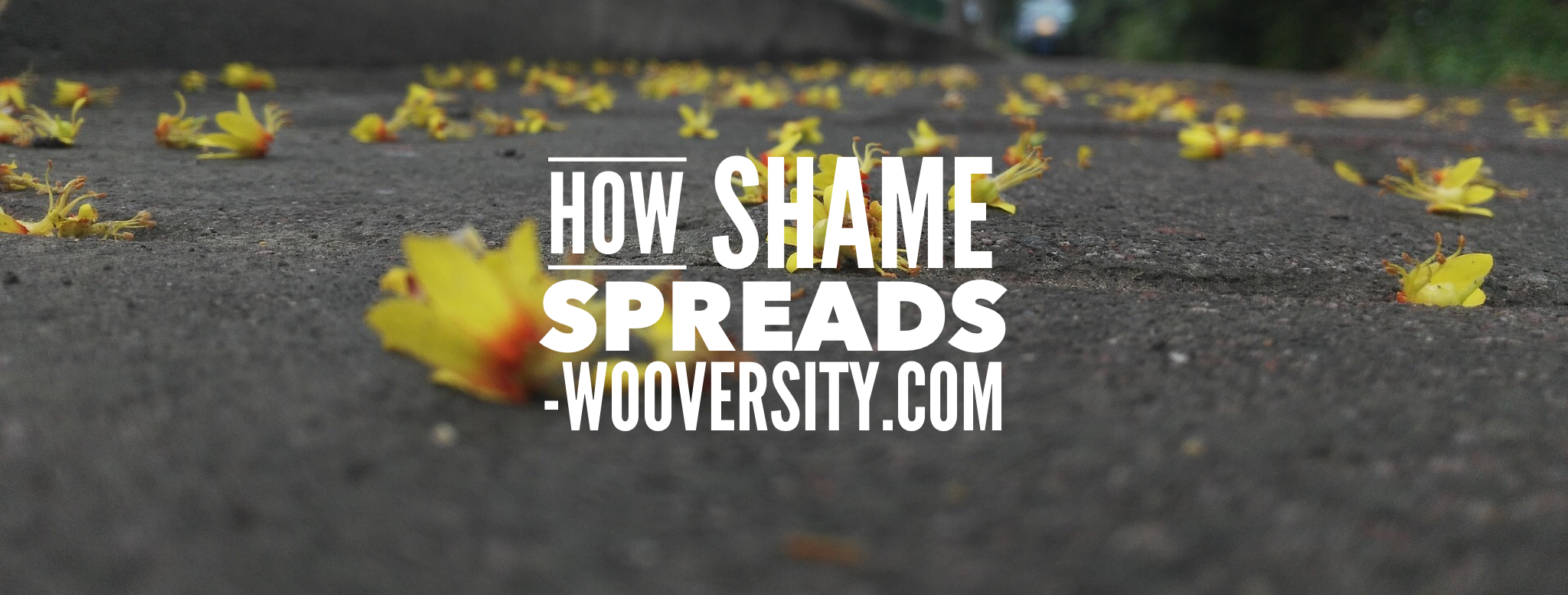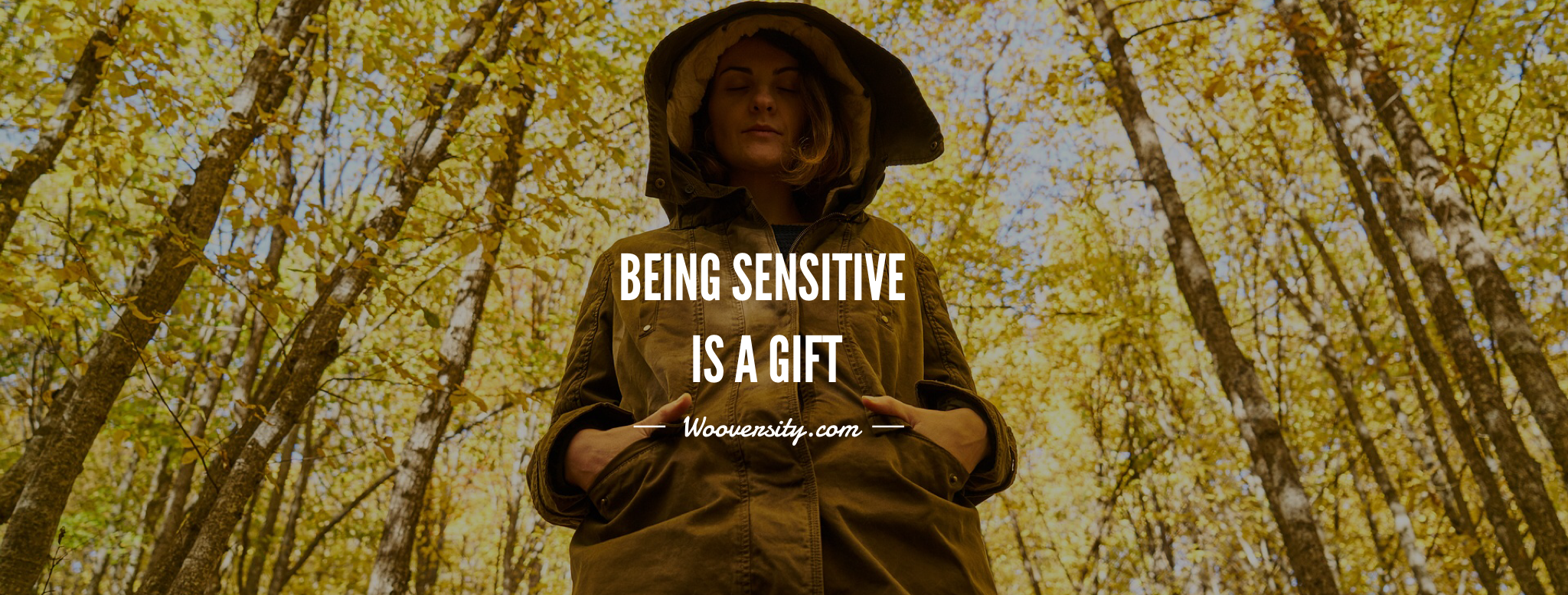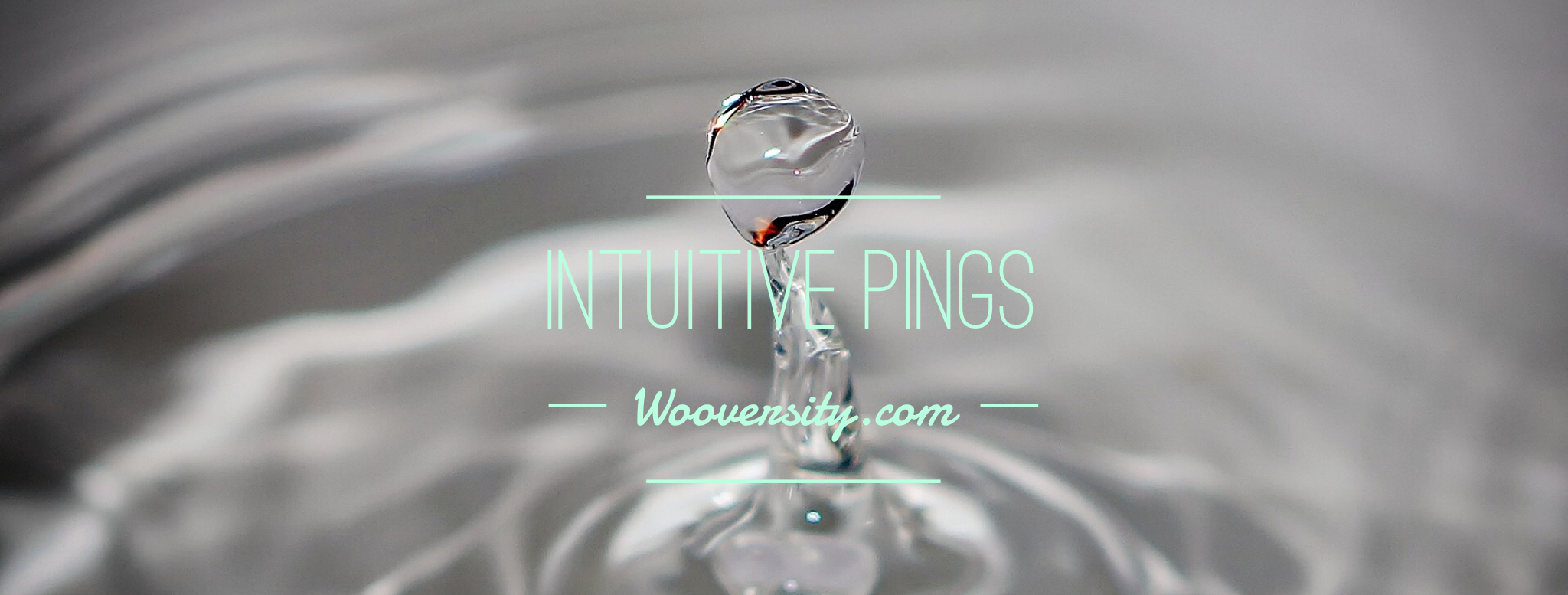Let’s just say it: “narcissist” is the gluten-free of the world right now. It’s everywhere. Every podcast, every meme, every post … it’s the new buzzword. And while yes, real narcissistic patterns exist (and they can be deeply harmful), the word is also getting tossed around like confetti at a parade. Suddenly, anyone with a strong opinion or any lack of empathy gets the label.
But let’s take a breath, shall we?
Because if you’re here, chances are you identify more with the other side of this archetypal pairing: the empath. Sensitive, intuitive, heart-on-your-sleeve, probably the one who cries at commercials or feels the mood of a room before anyone else says a word, and you tend to see the good in everyone at the expense of yourself (yes, we see you).
So what happens when empath meets narcissist? Cue the archetypal dance.
The Archetypal Dance
On one hand, it can feel like the empath is the sponge soaking up chaos while the narcissist takes center stage with a spotlight and a megaphone. At first, the empath feels seen and soothed by their compliments (until they realize it’s actually love-bombing), but soon they’re left drained, clinging to breadcrumbs of empty promises to change once things get messy. Exhausting, right?
But archetypally, there’s something deeper in these roles. This dance, messy as it can be, calls us into growth. The empath learns boundaries, discernment, and how to keep their precious energy theirs. The narcissist (if they’re actually doing their own work, which isn’t guaranteed) might be learning empathy, humility, and the radical idea that other people’s feelings exist.
Spiritual Agreements: Helpful or Harmful?
Some people like to say: “We signed up for these soul contracts! It’s all part of the plan!”
Cute in theory. Sometimes grounding, sometimes … yikes. If you’ve been through abuse, trauma, or long-term gaslighting, framing it as a “contract” can feel like cosmic victim-blaming.
Personally? I think it’s less about whether we “agreed” and more about what we can choose now. Whether or not you believe in agreements, the point is: we can use what happened as fuel for growth without sugarcoating it.
From Survival to Post-Traumatic Growth
Here’s the good news: that archetypal tango doesn’t have to end with you stuck in the corner, wrung out and drained. Healing happens. And yes, we’re talking about this in terms of archetypes – bigger patterns of human behavior – because that helps us step back from the personal sting and see the dynamics with fresh perspective.
Empaths, with support, can move from over-giving to fierce clarity. From “I can fix them if I just love harder, and if I hold space for their wounds things will get better” to “I can love myself enough to step away.” From “maybe their promises will finally stick” to “I trust my truth more than their performance.” You can learn how to unhook from the trickery, and how to forgive by reclaiming your energy and honoring the truth of your feelings.
That shift? That’s post-traumatic growth in action. It’s like upgrading your empath card to platinum status – more freedom, less baggage.
Support Matters
This is exactly why we offer a circle for Empaths & Narcissist Archetypal Healing. Not to bash one side, not to glorify the other, but to actually explore the dysfuncational dance. To find meaning in the madness, compassion for ourselves, and tools to stop leaking energy to every loud personality in the room.
So if you’ve ever wondered:
- How do I step out of this with my soul, and my sense of self, intact?
- What does creating a new me look like beyond this archetypal dance?
- How can I learn to trust myself, and others, in relationship again?
- What truths have I been avoiding, and what happens when I finally face them?
- Will I ever feel better?
- What am I learning from this?
Then come join us. We’ll make space for validation, growth, hopefully some humor, and definitely a big exhale of relief. Not to mention the BIG shifts that will happen with the energy tools we’ll teach you!
Because the truth is: we don’t have to stay stuck in the empath–narcissist story. We get to choose to, and can, write a new one.






